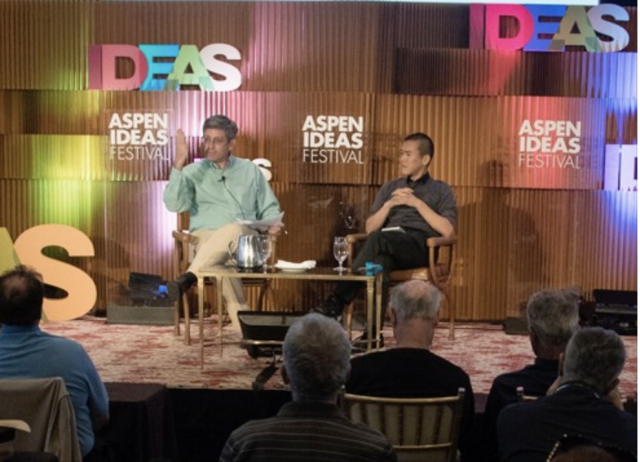The New York Times, August 17, 2017
There are some questions in biology that you’d think were settled long ago. For instance: How many types of cells are there in the human body?
“If you just Google this, the number everyone uses is 200,” said Jay Shendure, a geneticist at the University of Washington. “But to me that seems absurdly low.” A number of scientists like him want to build a more complete catalog.
Yet there are an estimated 37 trillion cells in the human body. The traditional ways to identify cell types — such as carefully tracing the shape of individual cells under a microscope — are too slow and crude for the job.
Continue reading “A Speedier Way to Catalog Human Cells (All 37 Trillion of Them)”
